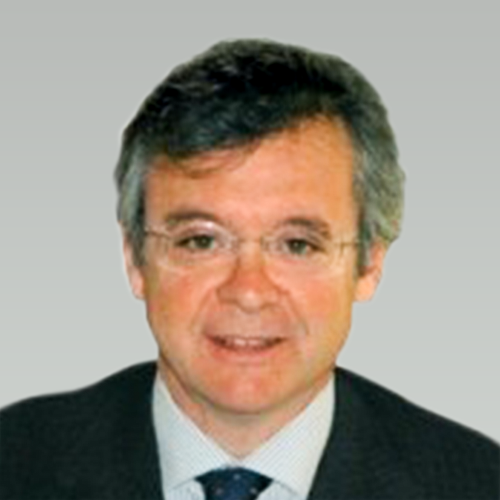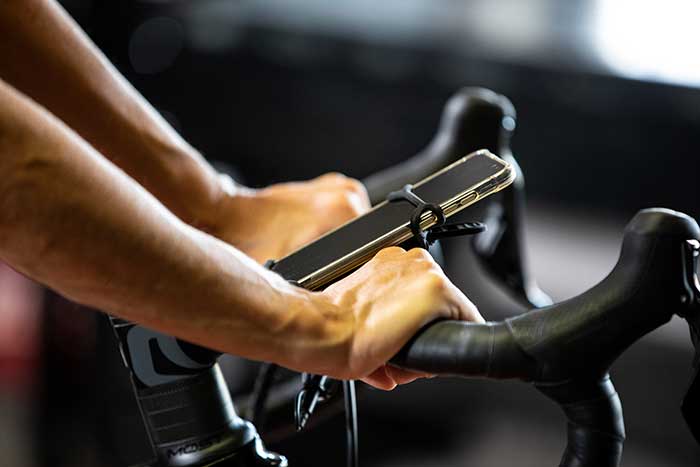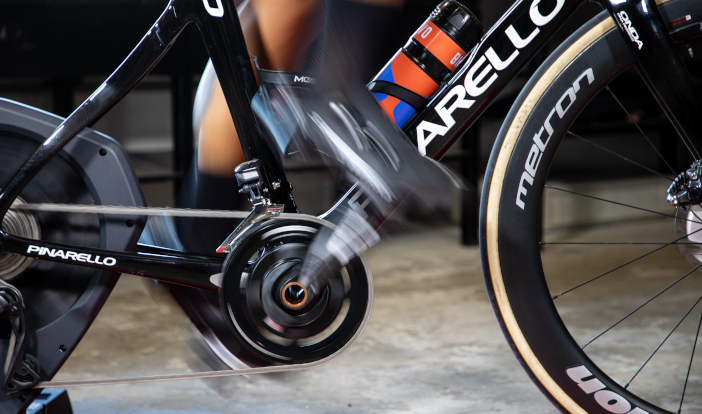The sports medicine doctor is a specialist who focuses the health of those who practice sports, and is knowledgeable in nutrition, traumatology, methods of training and prevention of injuries.
One his or her most important tasks is the assessment of the health status of those who want to practice competitive sports.
In fact, to be allowed to participate in competitions, you need to have a certificate of fitness for competitive sports (Ministerial Decree 18/02/82). Before practicing any non-competitive, you should also check your health by getting a certificate of “good health” (Ministerial Decree 28/02/83). This certificate can be issued by both the specialist in sports medicine as the primary care physician, while the certificate of fitness for competitive sports can be issued only by an authorized sports medicine doctor.
Besides giving the medical exams to ascertain the fitness for competitive or non-competitive sports, the sports doctor is the reference point for any illnesses which arise during physical activity. The sports medicine specialist is well aware of the needs of athletes and can suggest the best solution for any athletic health problem.
So, what are the main areas of competence of the sports medicine doctor?
Orthopedics
Essential for the prevention of damage caused by sport. The doctor may note a bad posture, a faulty plantar support, any disproportions of the lower limbs or deformities which could cause damage to the knee joints.
Traumatology
Cycling is not a contact sport, but falls and crashes can cause bruises, bone and joint injuries, muscle injuries, and even cranial trauma. After providing first aid and treatment to the injured, the sports physician will start a trauma management protocol and evaluate if the athlete can continue the physical activity or if this would aggravate the injury.
Cardiology
Physical activity involves all the body’s systems. They undergo modifications and adaptations in response to the stress they are put under. The organ put under the most stress is the heart. Cyclists, as all those who practice endurance sports, can have a so-called "athlete's heart". It is a type of organ tropism, which causes an increase in volume, mainly affecting the left ventricle, which can push out a greater quantity of blood with each contraction. This hypertrophy is reflected in a lower resting heart rate. The sports doctor will monitor the functioning of the cardiovascular system with an electrocardiogram and possibly choose to carry out more sophisticated exams. If needed, he will suggest other clinical test to ensure the sport is practiced in safety.
Psychology
The sports physician can assess and advise team members and coaches about the proper psychological approach to the discipline. If involved at the right moment, the sports doctor will also be able to detect possible problematic attitudes to competitive cycling, especially in the younger age groups, but also in the more mature athletes.
Nutrition
The sports doctor can evaluate and suggest correct nutrition. He or she can give useful advice on the proper use and timing of meals and even suggest any supplements, if deemed necessary.
Hematology
The sports medicine specialist can suggest hematological exams and provide a first evaluation of the outcomes.

Gianluca Melegati
You might also be interested in


